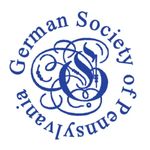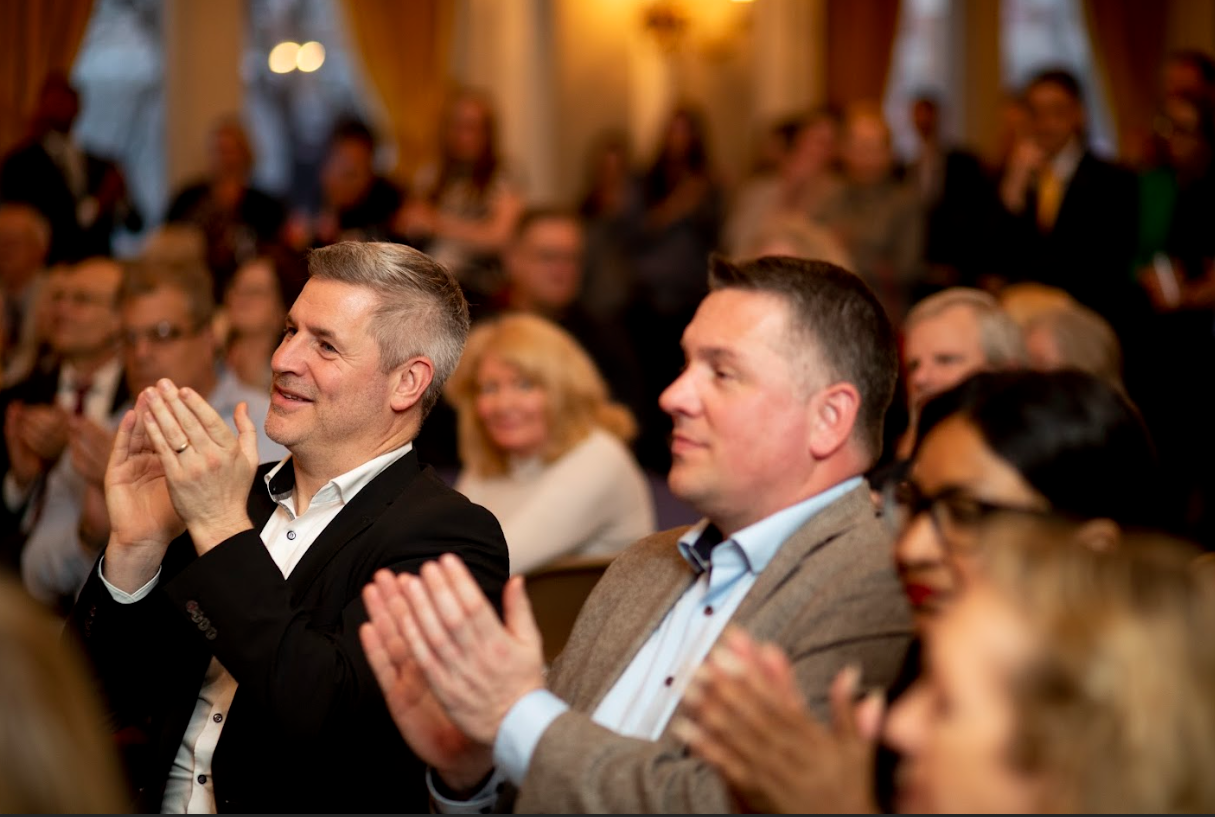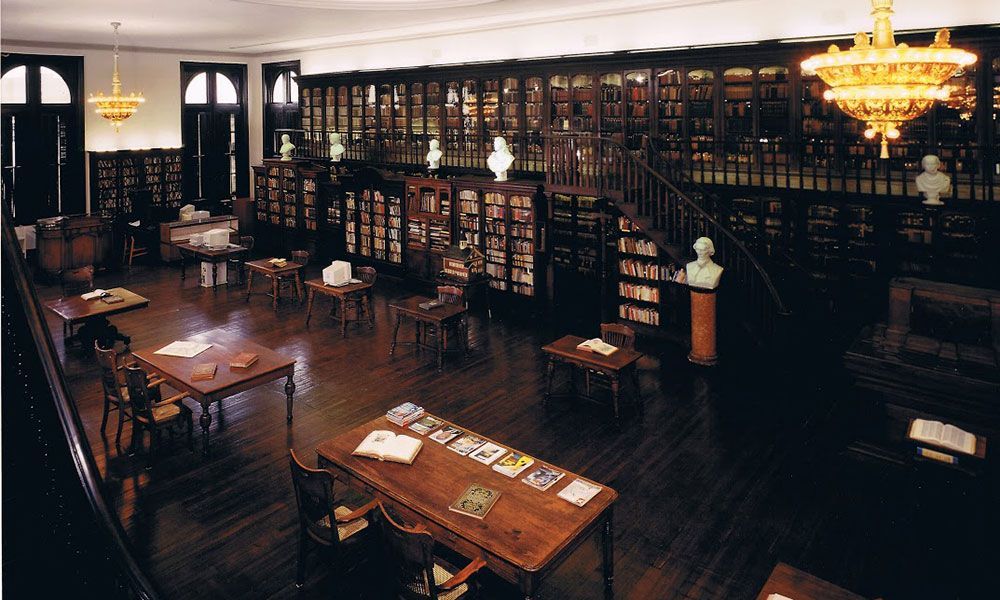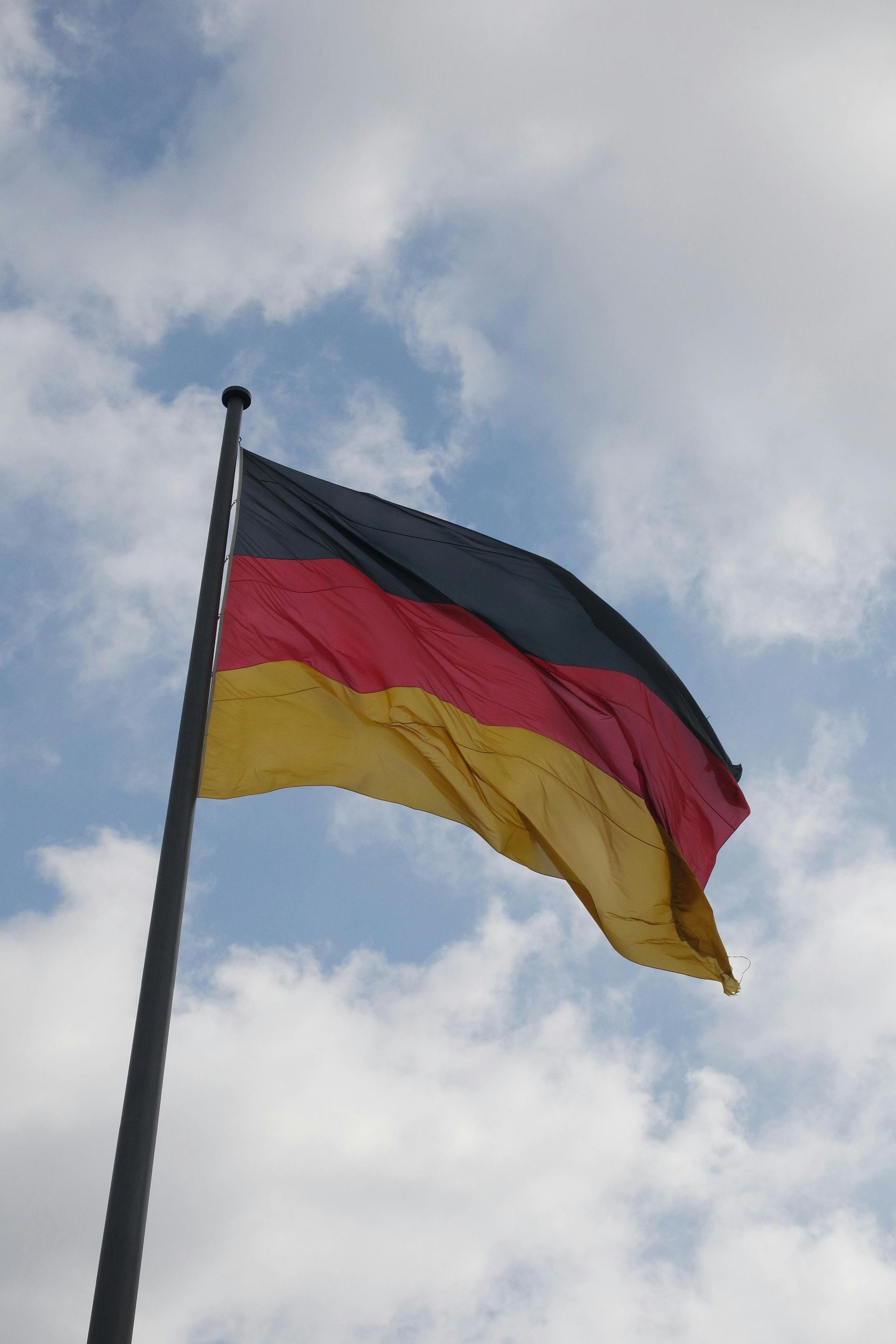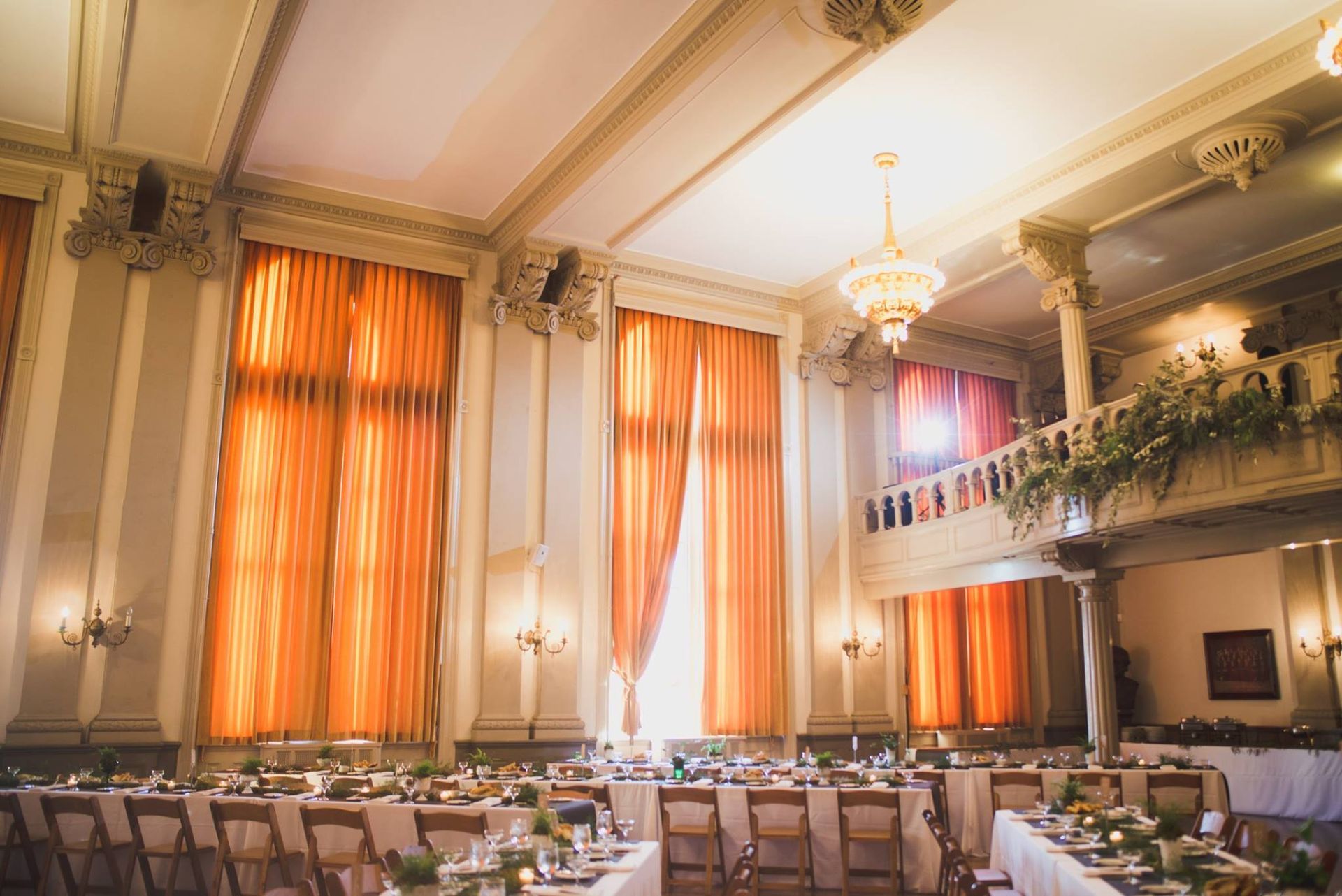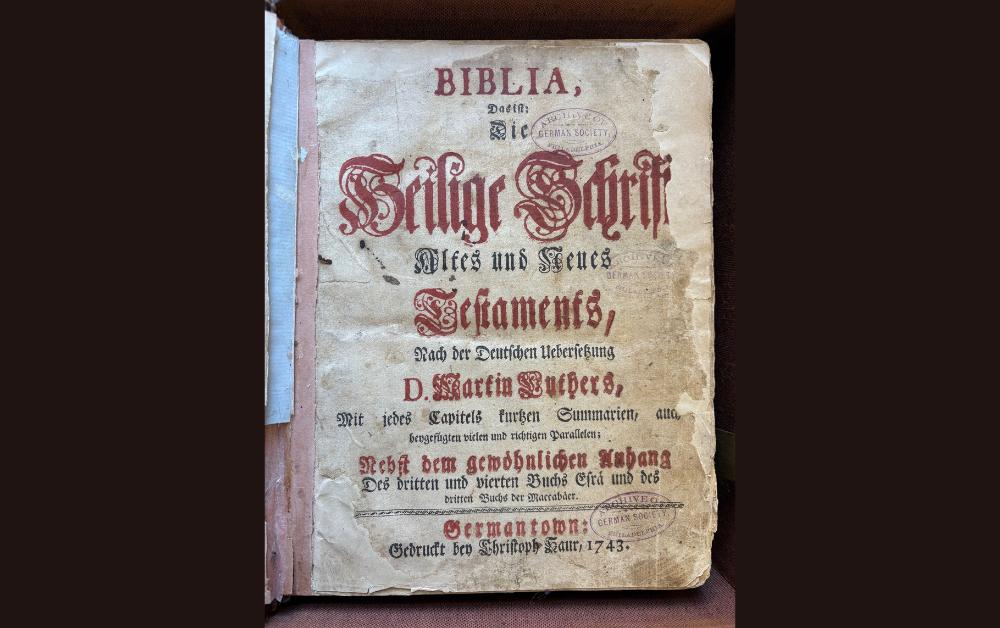The German Society
of Pennsylvania
Connecting the Old World with the New, since 1764
About The German Society of Pennsylvania
Since its founding in 1764, The German Society of Pennsylvania has served Philadelphia's German community. Between the 1680s and the American Revolution, the majority of an estimated 100,000 German-speaking immigrants coming to North America settled in Pennsylvania, making up a third of Philadelphia's population by the 1760s. These immigrants often arrived in a miserable state after long sea voyages known for unhealthy conditions. In response to their plight, on December 26, 1764, sixty-five prominent German colonists established an organization "for the relief of distressed Germans."
Upcoming Events
Every week, something fun is happening. Lectures, Panel Discussions, Movies, German soccer broadcasts, and music fill our home on Spring Garden Street in Philadelphia.
Membership
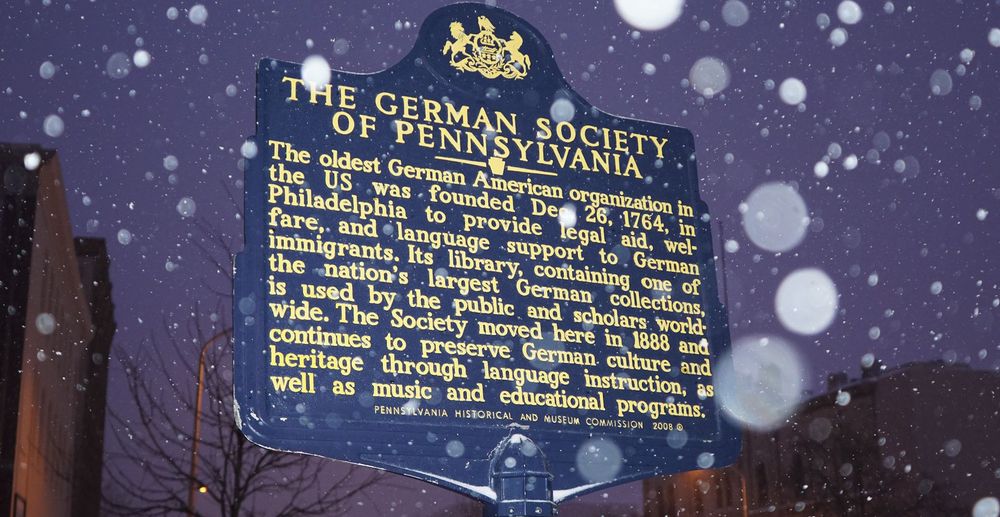
The German Society of Pennsylvania, founded in 1764, is the oldest German organization in the United States. It was founded to protect German immigrants from unscrupulous shipping agents and to ensure just treatment on their arrival here.
Donations
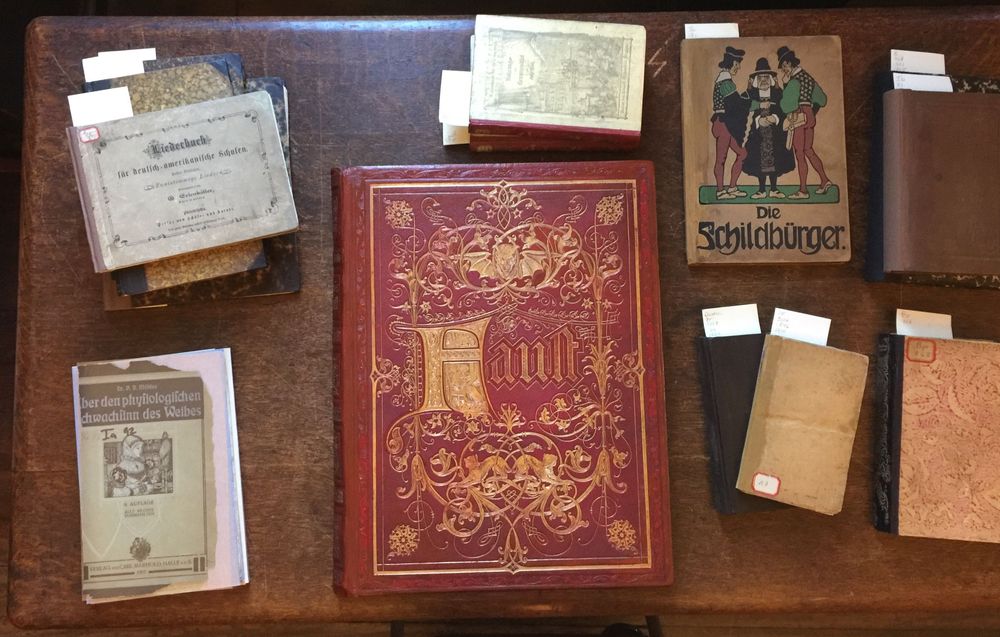
The German Society of Pennsylvania continues to offer new and different programs as well as various cultural experiences with the help of dedicated and generous members and volunteers.
